A tale of friendship and betrayal in the midst of a revolution.
On a day of earthquake and rain, a young man gets bad news. Ripden, his childhood friend, has been swept away by a landslide.
So he makes his way back to Malbung, the village of his birth.
The memories come rushing back. Of growing up together; the harsh teachers at school and playing truant; bullies and backyard fights. He remembers, also, the day they ran away from home to Lolay to find out about Ripden’s father, vanished years earlier in the revolution. There the pair meets Nasim, a man who spends his days breaking rocks by the riverside.
Nasim narrates to them an extraordinary tale from his younger days. Of himself and other child soldiers of the revolution; building pipe guns and homemade bombs; fighting pitched battles with the police; training in jungle camps and enduring drink-fuelled nighttime raids; witnessing a massacre in the town square; and suffering a final, unforgivable betrayal.
Set in the foothill town of Kalimpong in the Himalaya, Song of the Soil brings alive the story of the revolution for a separate state of Gorkhaland in the late 1980s. Clear-sightedly, it lays bare the many faces of violence. And in doing so, it asks the vital question: Who, ultimately, wins in a revolution—and who loses?

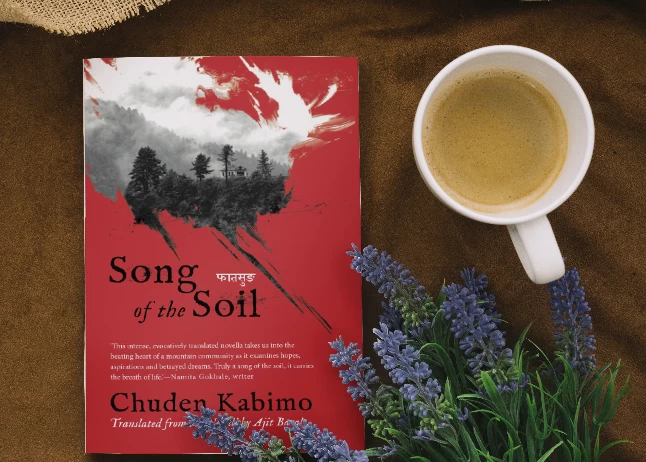
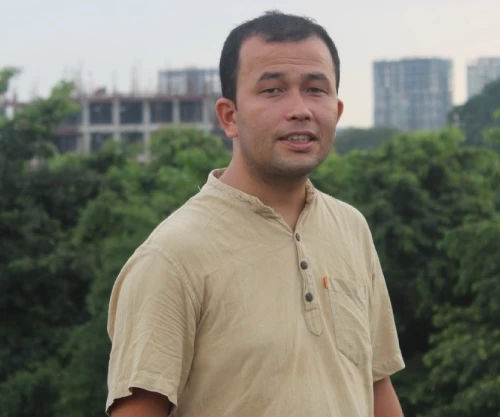
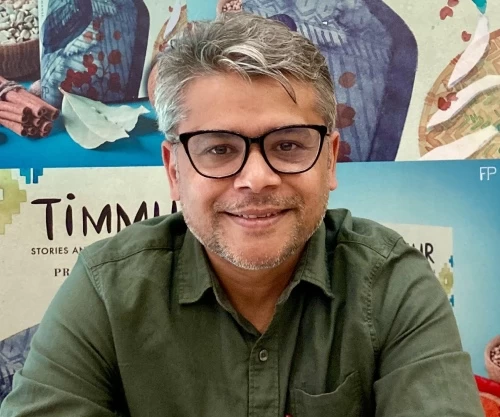
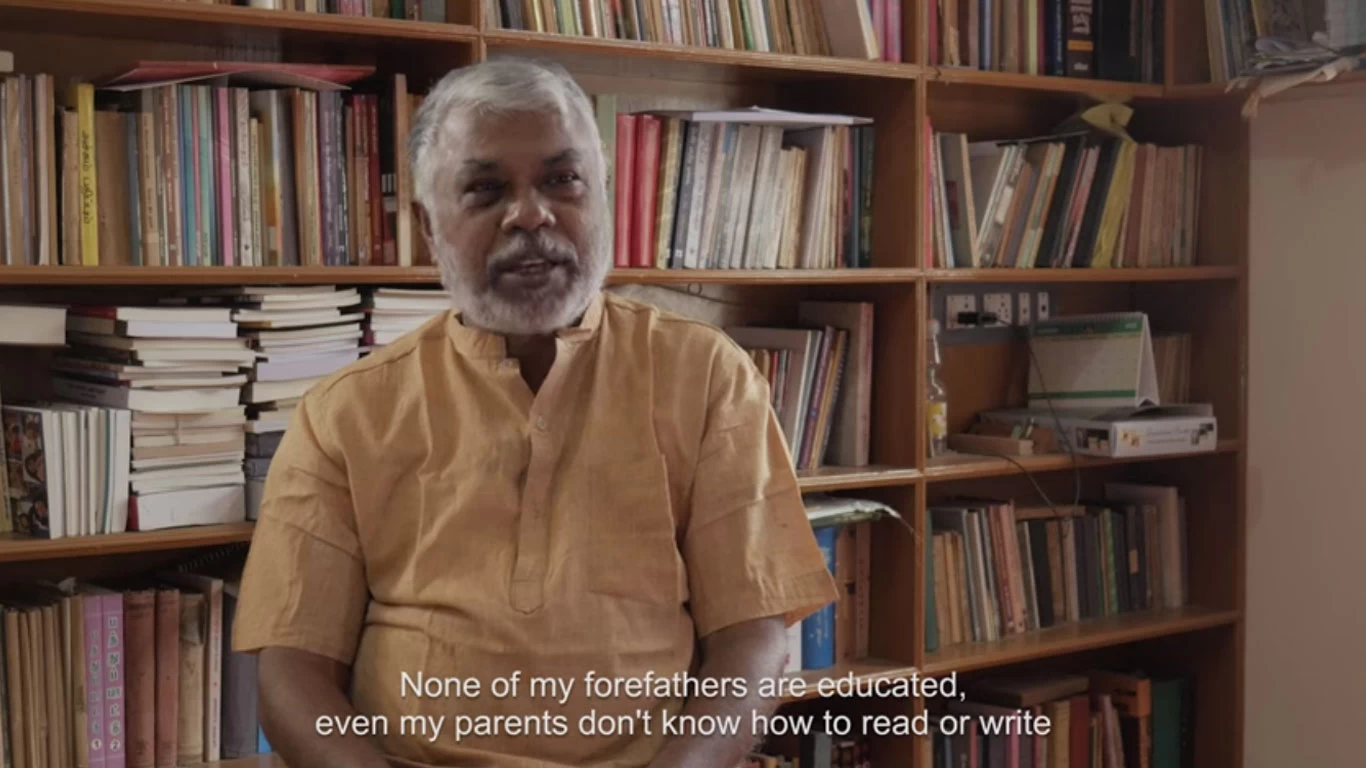
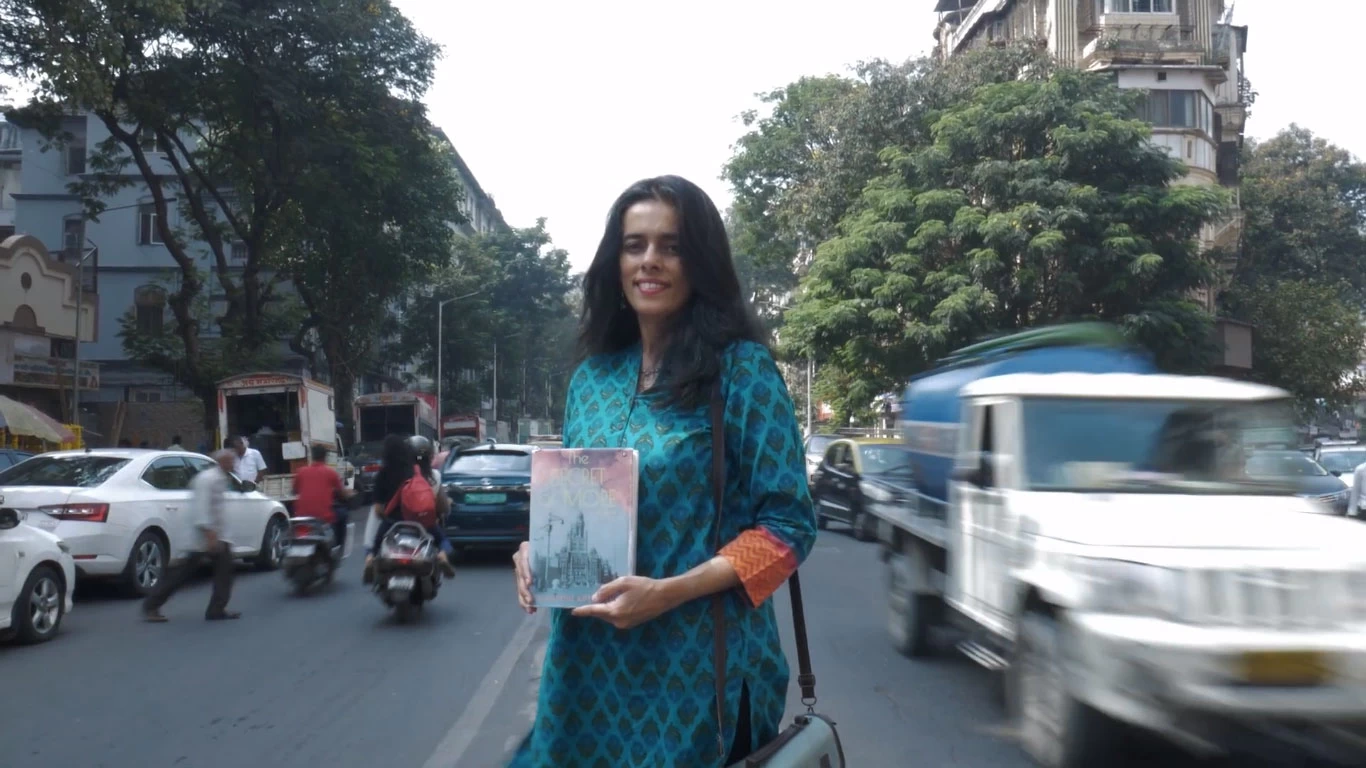
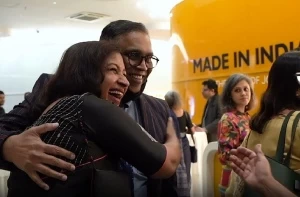
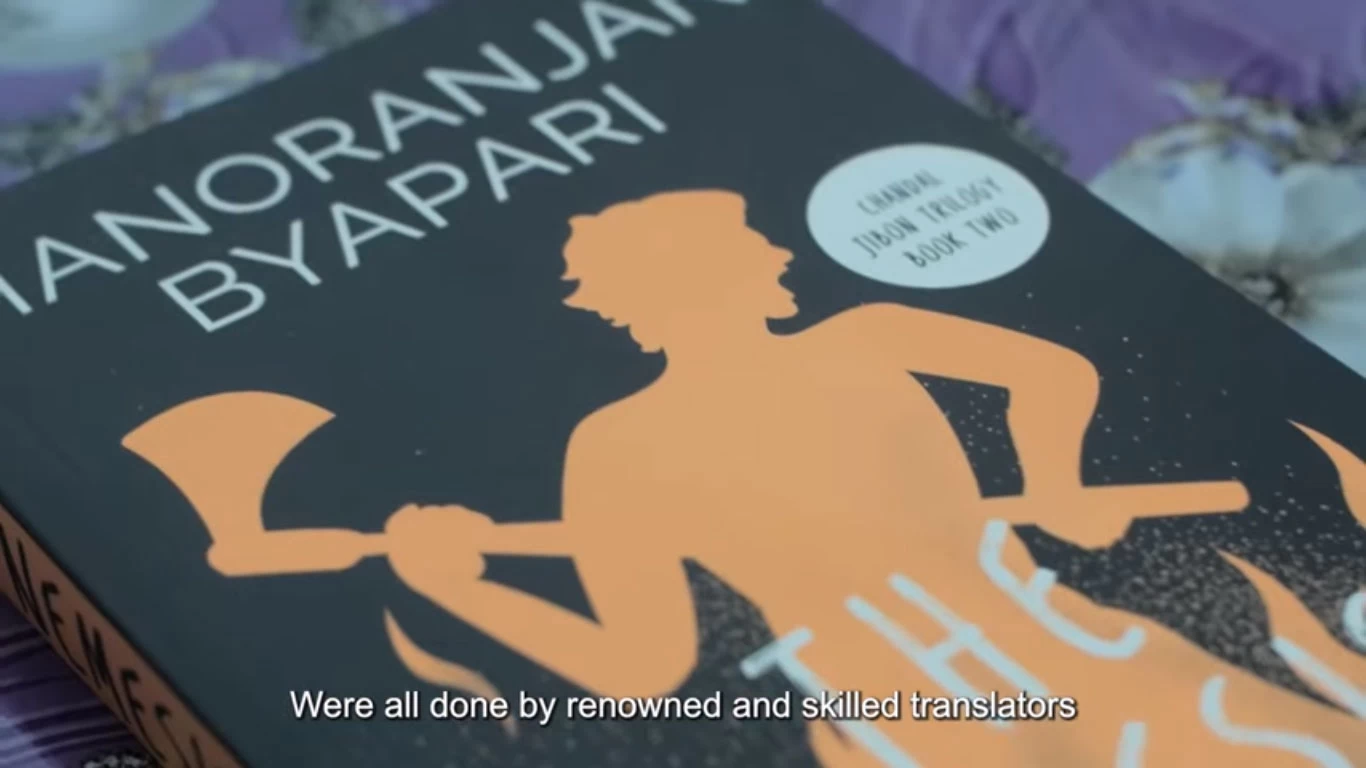
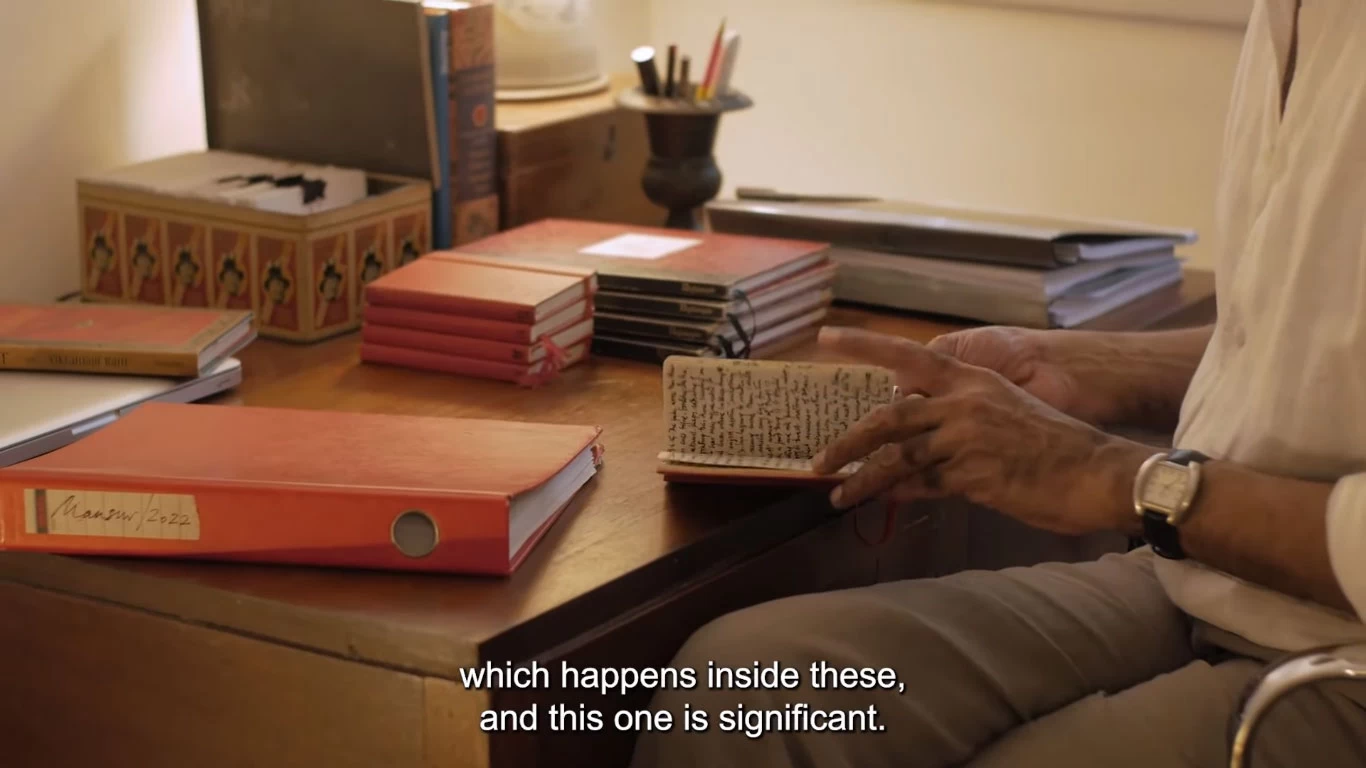
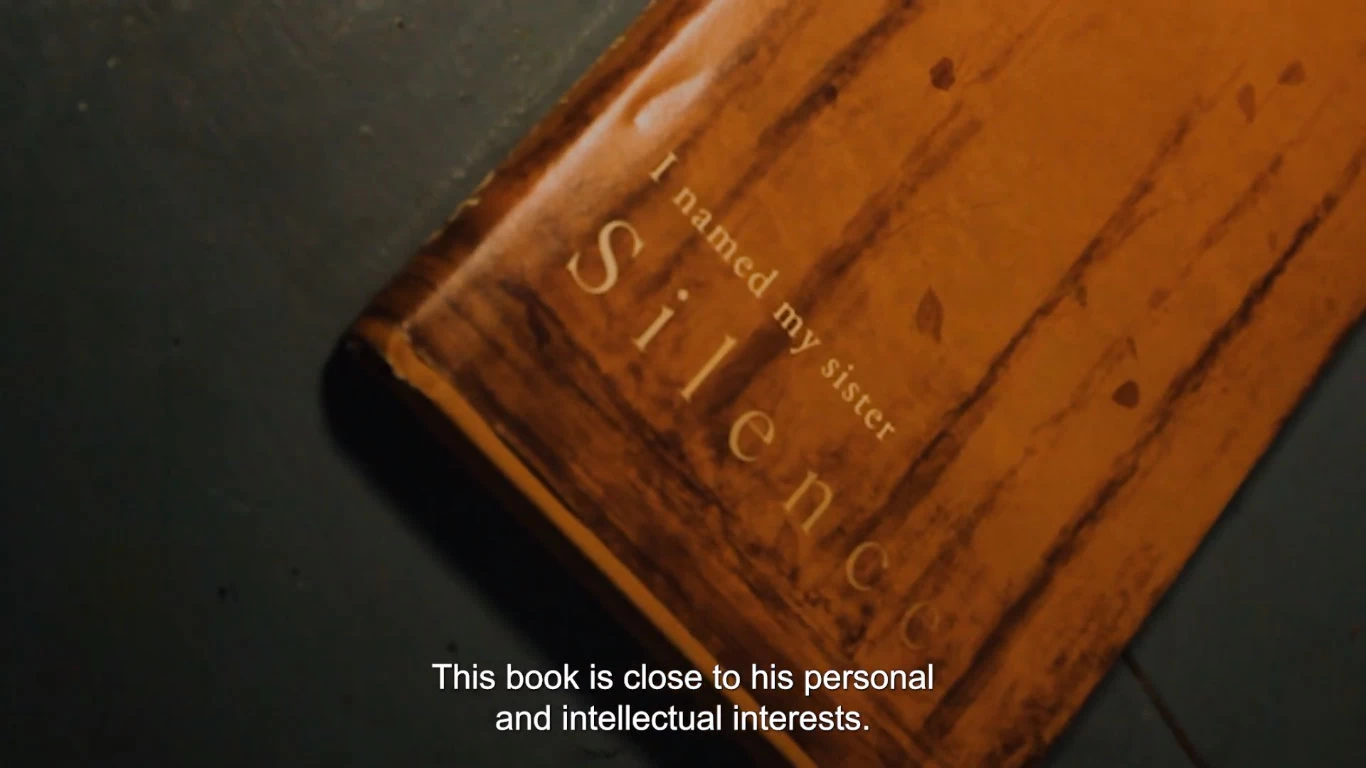
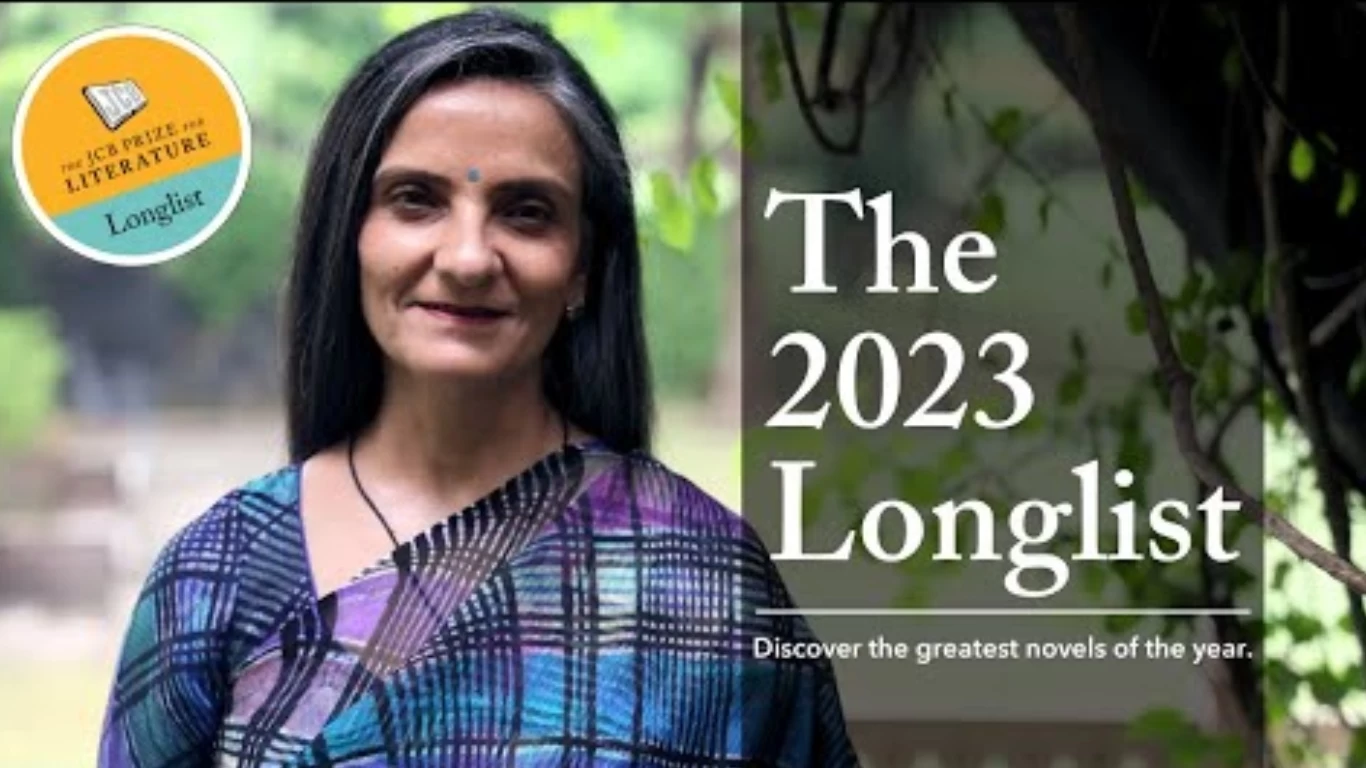
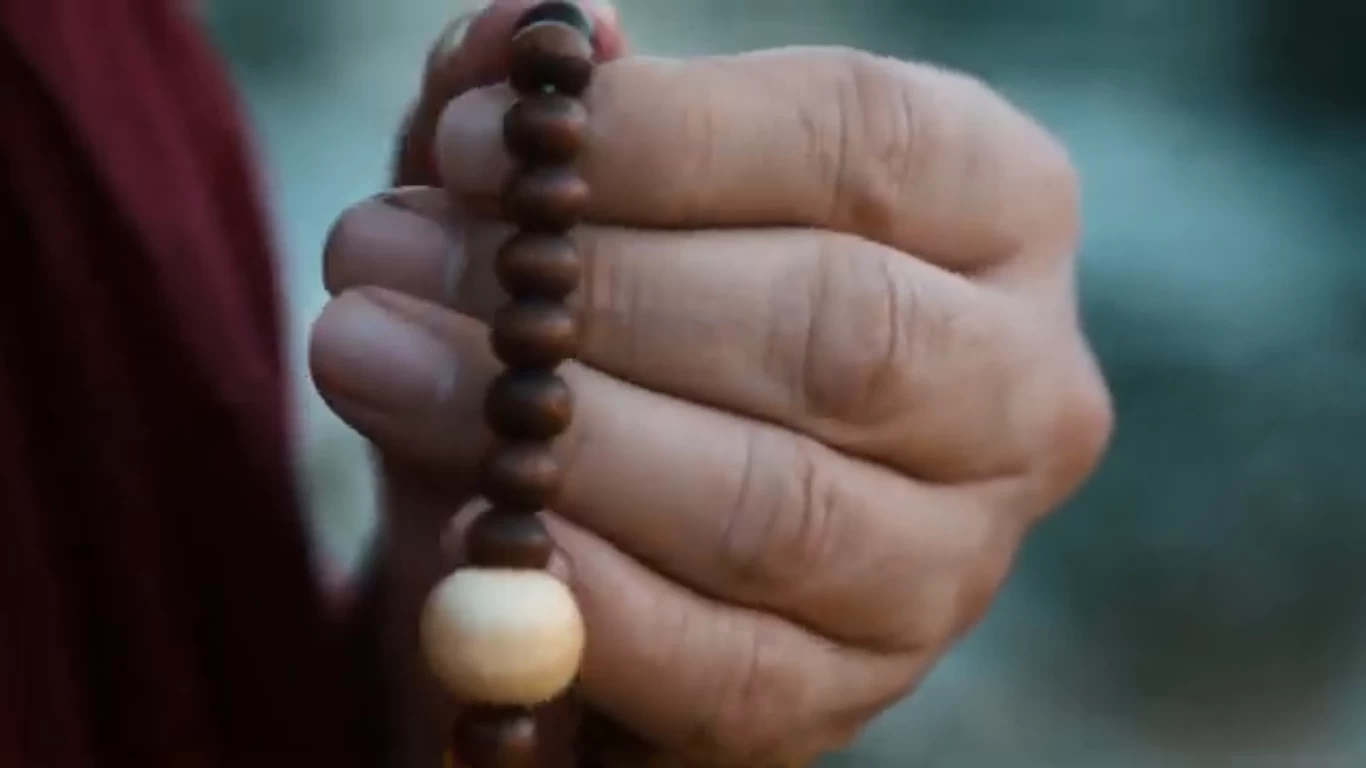
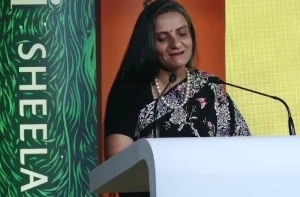
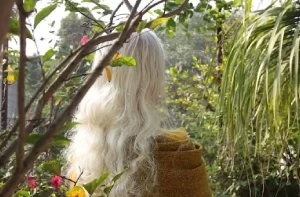
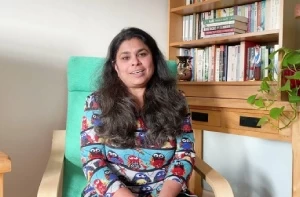
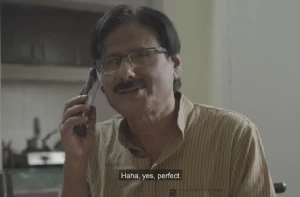
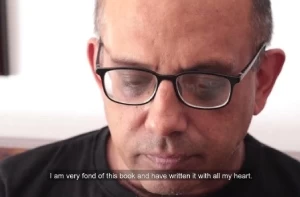
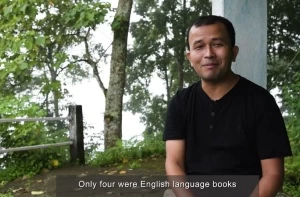
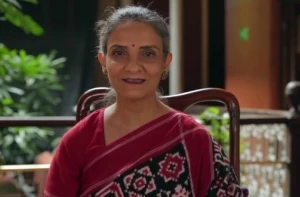
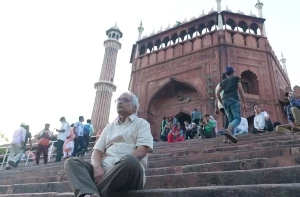
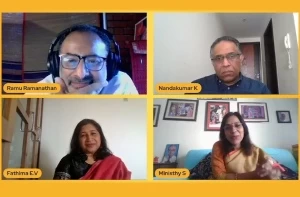
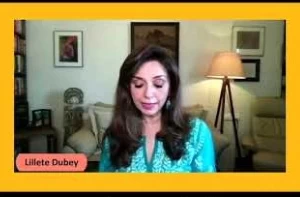
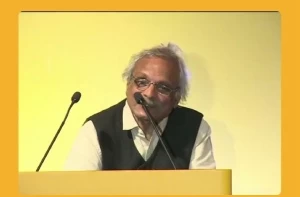
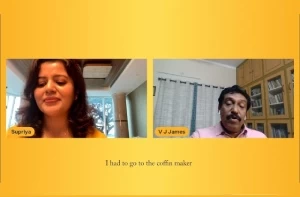
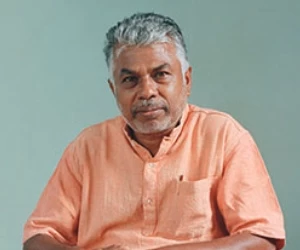
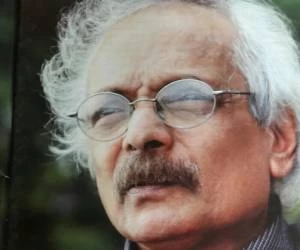
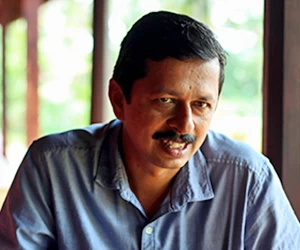

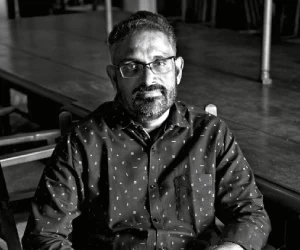
JURY COMMENTS
Song of the Soil is a shining example of how one can write about a violent incident without recreating the violence. The author blends bildungsroman with a conflict story with great dexterity, bringing out new aspects of both forms. This book is able to make poetry out of brutal situations, but does so with honesty, humour, and gentleness.